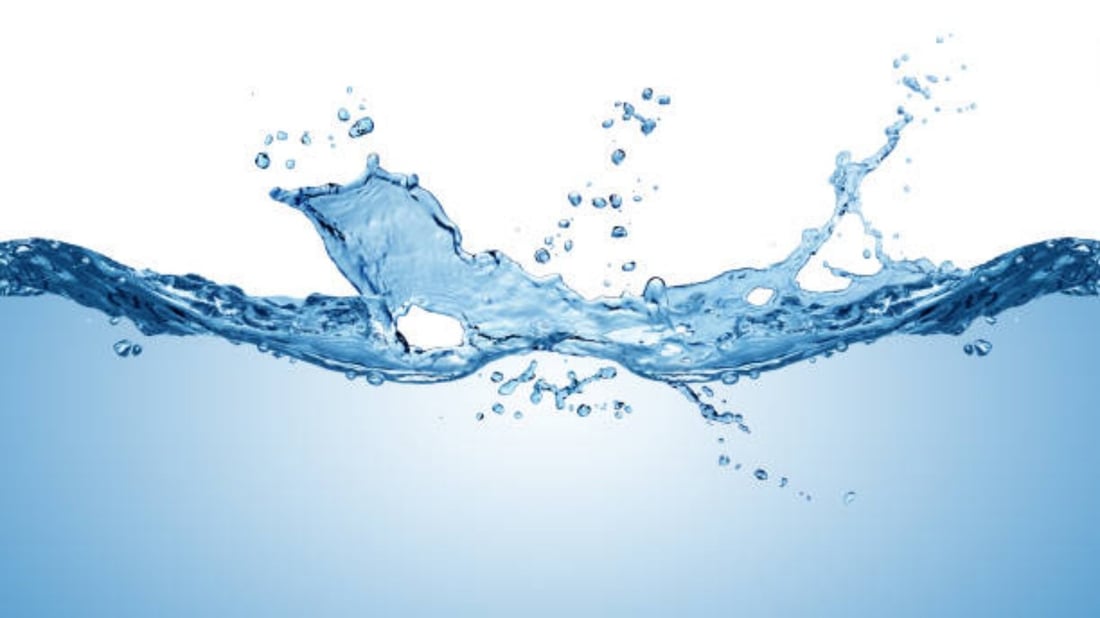Introduction
Chlorine is commonly used in water treatment facilities to kill harmful bacteria and pathogens in tap water. While it serves its purpose in ensuring safe drinking water, chlorine can have negative effects on our health and the taste of water. Fortunately, there are water filters specifically designed to remove chlorine, providing us with clean and great-tasting water. In this article, we will explore the various aspects of water filters that effectively get rid of chlorine and help you make an informed decision when choosing the best one for your needs.
The Importance of Removing Chlorine from Water
Chlorine is added to municipal water supplies to disinfect the water and kill bacteria. While it is effective in preventing waterborne illnesses, chlorine itself can cause health issues when consumed in high amounts. Drinking chlorinated water has been linked to increased risks of bladder and colorectal cancer, as well as respiratory problems such as asthma. Additionally, chlorine can give water an unpleasant taste and odor, which can be off-putting for many.
Understanding Chlorine in Water
Chlorine is a highly reactive chemical element that readily combines with other substances in water. It forms various disinfection byproducts (DBPs) such as trihalomethanes (THMs) and haloacetic acids (HAAs). These byproducts can have adverse health effects when consumed over long periods. Furthermore, chlorine can also react with organic matter present in water, forming chloramines, which are less effective at killing bacteria and can contribute to a foul taste and odor.
The Different Types of Water Filters
When it comes to removing chlorine from water, there are several types of water filters available on the market. Each type uses different technologies to eliminate chlorine and other contaminants. Let's take a closer look at some of the most common types:
1. Activated Carbon Filters
Activated carbon filters are highly effective at removing chlorine from water. They work by adsorption, where the activated carbon attracts and holds chlorine molecules, effectively trapping them. These filters can also remove other impurities, such as sediment, volatile organic compounds (VOCs), and certain heavy metals.
2. Reverse Osmosis Filters
Reverse osmosis (RO) filters use a semi-permeable membrane to remove not only chlorine but also a wide range of contaminants from water. These filters work by applying pressure to the water, forcing it through the membrane, which can block molecules larger than water molecules. RO filters are considered one of the most effective filtration methods available.
3. Vitamin C Filters
Vitamin C filters use a process called redox (reduction-oxidation) to neutralize chlorine. As water passes through the filter, ascorbic acid (vitamin C) reacts with chlorine, converting it into a harmless chloride. These filters are easy to install and are particularly useful for filtering shower water, as they can also prevent chlorine absorption through the skin.
4. Ultraviolet (UV) Filters
UV filters use ultraviolet light to disinfect water by deactivating bacteria, viruses, and other microorganisms. While they don't directly remove chlorine, they eliminate the need for chlorine disinfection in the water treatment process. UV filters are commonly used in conjunction with other filtration methods to provide comprehensive water purification.
Factors to Consider When Choosing a Water Filter
Not all water filters are created equal, and choosing the right one for your needs is crucial. Here are some factors to consider when selecting a water filter to get rid of chlorine:
1. Filtration Performance
Consider the filtration performance of the water filter, including its ability to remove chlorine and other contaminants. Look for filters that are certified by independent organizations, such as the NSF (National Sanitation Foundation), to ensure their effectiveness.
2. Filter Lifespan
Determine how long the filter cartridge lasts before it needs to be replaced. Some filters may require more frequent replacements, which can add to the maintenance cost over time. Opt for filters with longer lifespan to minimize the hassle and expense of frequent replacements.
3. Installation and Maintenance
Consider the ease of installation and maintenance. Some filters require professional installation, while others can be easily installed without any tools. Additionally, look for filters that are easy to clean and maintain to ensure optimal performance.
4. Water Usage and Flow Rate
Take into account your household's water usage and the filter's flow rate. Some filters may have slower flow rates, which can be inconvenient if you require a large amount of filtered water at once. Choose a filter that can accommodate your daily water consumption.
5. Budget
Set a budget for your water filter purchase. Prices can vary significantly depending on the type and brand of the filter. While it's essential to invest in a quality filter, consider your budgetary constraints and choose the best option within your price range.
In Conclusion
Investing in a water filter to get rid of chlorine is a wise decision for both your health and the taste of your drinking water. With various options available, such as activated carbon filters, reverse osmosis filters, vitamin C filters, and UV filters, you can find the perfect solution to meet your specific needs. By considering factors like filtration performance, filter lifespan, ease of installation and maintenance, water usage, and your budget, you can make an informed choice and enjoy clean, chlorine-free water for years to come.

